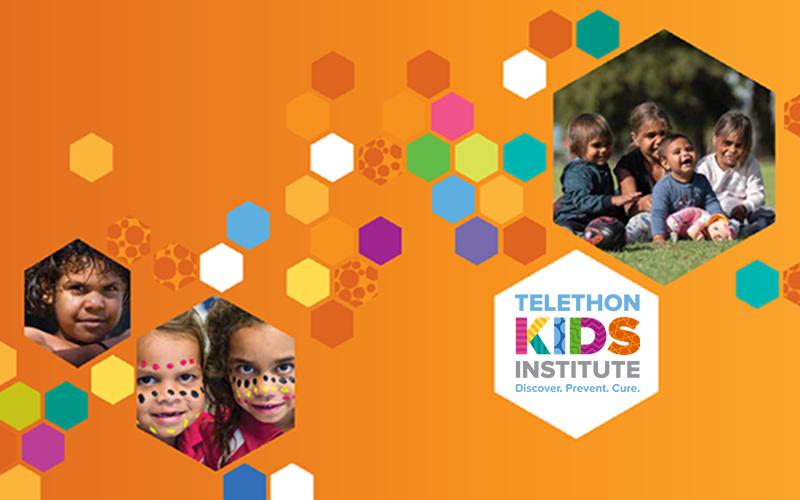Search
Research
Reference genotype and exome data from an Australian Aboriginal population for health-based researchThis data set provides a useful reference point for genomic studies on Aboriginal Australians
Research
Addressing the relationship between racism and inequality in suicide...In 2009 over 40 leading researchers and academics from across Australia signed the Boatshed Racism Roundtable Declaration that proposed four areas of action...
Research
Can linked emergency department data help assess the out-of-hospital burden of acute lower respiratory infectionsThere is a lack of data on the out-of-hospital burden of acute lower respiratory infections (ALRI) in developed countries.
Research
Social gradients in the health of indigenous australiansWe begin to bridge this knowledge gap by assessing evidence on social gradients in indigenous health in Australia.
Research
Working TogetherThis exciting new edition includes several new chapters that deliver an even more robust and high quality resource. It examines issues across the life course,..
Research
Crowding and other strong predictors of upper respiratory tract carriage of otitis media-relatedWe investigated predictors of nasopharyngeal carriage in Australian Aboriginal and non-Aboriginal children.
Research
Antenatal services for Aboriginal women: the relevance of cultural competenceDue to persistent significantly poorer Aboriginal perinatal outcomes, the Women's and Newborns' Health Network, require a comprehensive appraisal...
Research
Indigenous well-being in four countriesCanada, the United States, Australia, and New Zealand consistently place near the top of the United Nations Development Programme's Human Development Index...
Research
Theories of otitis media pathogenesis, with a focus on Indigenous childrenOtitis media is a common childhood illness associated with hearing loss, social disadvantage and medical costs. Prevalence and severity are high among...

News & Events
The Kids Research Institute Australia says yes to "The Voice"The Kids Research Institute Australia gives its full support for a First Nations Voice to Parliament to be enshrined in Australia’s constitution.
